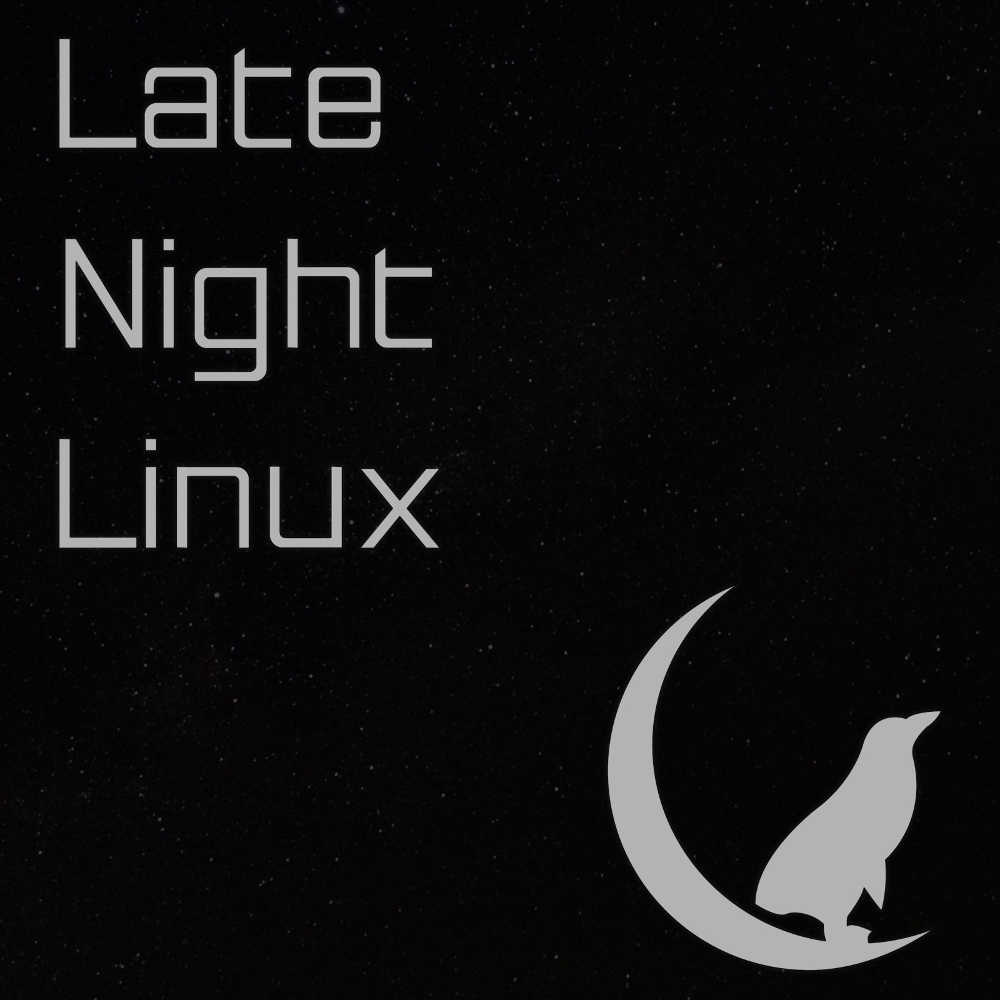
 Late Night Linux
Late Night Linux Late Night Linux – Episode 303
Oct 14, 2024
Discover innovative ways to flash Android phones using web tools and the potential pitfalls of those methods. Learn about MySQL monitoring utilities and audio editing via text transcription for a smoother user experience. Delve into the benefits of visually appealing libraries and terminal aesthetics. Explore the intricacies of modern graphics cards and the advantages of ZFS for data management and backups. Plus, discover creative uses for old laptops in today’s tech landscape.
Chapters
Transcript
Episode notes

